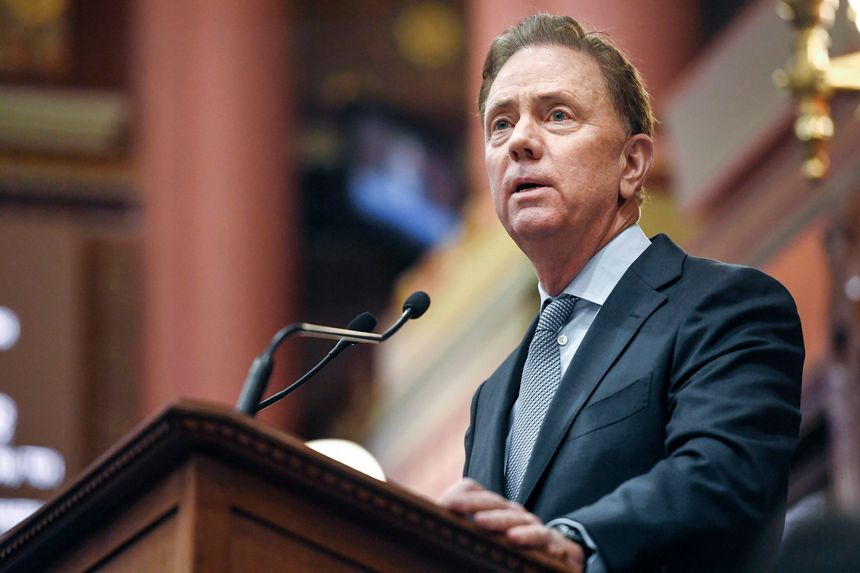Wednesday, Israel Prime Minister Netanyahu met with Senate Republicans via video link. Netanyahu’s only friends in the world seem to be Republicans in the U.S.

Republicans seem to have forgotten the example of Ronald Reagan. When Israel began heavy bombing of West Beirut nine weeks into its 1982 invasion of Lebanon, President Reagan called then-Israeli Prime Minister Menachem Begin and expressed ''outrage'' at the ''needless destruction and bloodshed.” Begin halted the bombing the next day.

Biden is no Reagan. He has been characteristically timid and feckless in his attempts to rein in Netanyahu.
Netanyahu has adopted a non-negotiable stance on his invasion of Rafah, despite that it will achieve none of his stated objectives. Backing down will constitute a dramatic rebuke for him – and, unfortunately, the nation he leads. How to prevent the assault on Rafah without Israel losing complete credibility?











